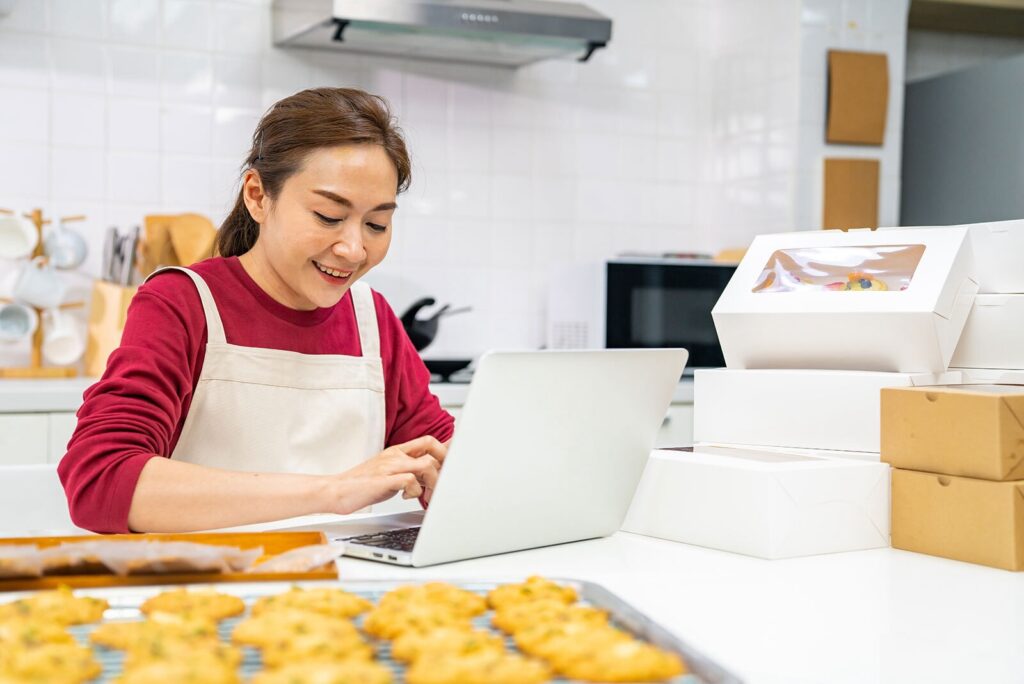 Understanding Cottage Food Laws
Understanding Cottage Food Laws
This column is sponsored by BizLaunch, Arlington Economic Development.
Have you ever wondered whether Virginia law allows you to sell homemade tamales, cakes, ice cream, and other foods? Generally, no, but there are exceptions depending on the food and its distribution.
Most food sold to the public must be prepared in commercial kitchens that are state-licensed and inspected to ensure public health safety, because foods such as meat, dairy, and vegetables can cause foodborne illness. These commercial kitchens have strict controls over temperature, cleanliness, and storage, and workers must be trained to prevent illness.
Learn more about obtaining a food establishment, mobile food unit, or temporary food establishment license.
Recently, the Virginia General Assembly relaxed regulations and introduced “cottage food laws” to allow certain shelf-stable foods to be made at home. Foods that don’t require time or temperature control after cooking can be made at home.
These include:
Candies, jams, and jellies (non-acidic) Dried fruits, herbs, and condiments Coated and uncoated nuts Vinegar and flavored vinegars Popcorn and popcorn balls Cotton candy, dried pasta, and baking mixes Roasted coffee, dried tea, cereal, trail mix, granola, and baked goods Cooked pickles and acidic vegetables with a balanced pH below 4.6
There are restrictions on where these homemade products can be sold. They may only be sold in person for personal consumption in Virginia. They may not be resold or sold on consignment, and they may not be sold online. They may be sold at the seller’s home, at a temporary event (up to 14 consecutive days), or at a farmers market. The product must bear the manufacturer’s name, address, phone number, date of processing, and the statement “Not for resale. Processed and prepared without state inspection.”
Luckily, Arlington has an affordable and convenient food incubator space called Kitchen of Purpose on Columbia Pike where entrepreneurs who can’t produce food under cottage food laws or don’t want to be restricted in how they sell their products can safely prepare food, and additional resources and tools may also be available.
We know it can be a lot to figure out, but BizLaunch is here to help you every step of the way, from figuring out regulations to business planning, finding space, marketing and pricing. Schedule a one-on-one consultation today and let us solve all your business startup complexities.
For more information about BizLaunch, visit www.bizlaunch.org.


